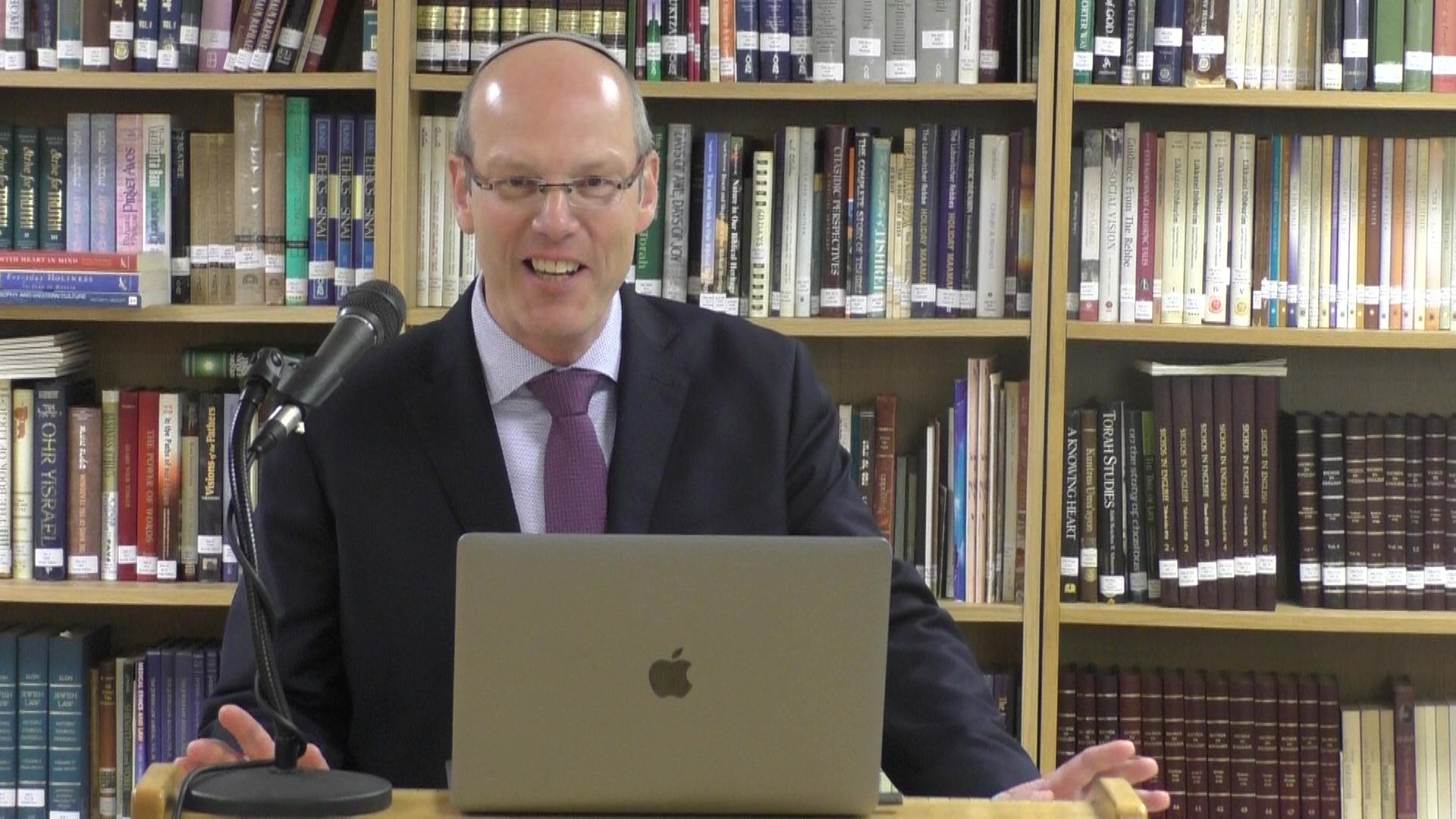ב"ה
Jewish Ethics and Law
Chabad at Oxford
72 items in this section

Medical Ethics and the End of Life
In 2005 a law was passed in Israel regulating the treatment of dying patients. Its most controversial aspect was the distinction it makes between withholding therapy (which it allows) and withdrawing continuous therapy (which it does not allow). Prof. Charles Sprung, director of the ICU at Hadassah Medical Center, helped write this law. Here he talks about how the law came to be and how it attempted to satisfy Jewish law (halachah).

New Technologies Raise Ethical Dilemmas
New technologies now enable the radical enhancement of human capabilities. These opportunities present complex moral and philosophical dilemmas that are difficult to navigate, and touch on the more essential question, what does it mean to be human? At what point does enhancement actually change who we are?

A Talmudic Discussion of the Parameters of Intent
An intellectually stimulating analysis of the Talmudic principal of exemption in cases of unintentional transgression (“davar she’eino mitkavein”). Rabbi Wallberg explores the parameters of this principle vis-à-vis the qualifying rule of inevitability (“p’sik reisha”).

Collective Jewish identity cultivated through prayer
May a Jewish convert of non-Jewish ancestry truthfully refer to G-d as “the G-d of our forefathers, Abraham, Isaac and Jacob?” Maimonides unequivocally ruled affirmatively, arguing that Abraham is truly the spiritual father of all Jews, and allowing converts to feel themselves fully a part of the Jewish collective.

The historically evolving contours of an ongoing halachic problem
In the 19th century the problem of "agunot" was widely dealt with in rabbinic literature, and often surfaced in the popular press. In the 21st century the same problems exist but new technologies and ease of communication are changing things both for better and for worse.

A philosophical exploration of a Talmudic dictum highlights the intrinsic value of law
"He who has been commanded and fulfills the command," the Talmud says, "is greater than he who fulfills though not commanded." This suggests that laws are valuable not only because they ensure proper behavior, but because the binding nature of these duties embodies something of intrinsic value, beyond utilitarianism

A Talmudic reading on when life trumps religious duty and vice versa
"You shall live by the commandments," the Talmud tells us, "and not die by them." Yet there are three cardinal sins that one must give one's life for rather than transgress. How did the Rabbi's reach this conclusion? A reading of Sanhedrin 74a.

Do people with mistaken beliefs merit the world to come?
Clarifying seemingly contradictory statements from Maimonides on his attitude towards heretics. Looking at how others, (particularly the Kabbalists) viewed Maimonides' attitude toward people who have erroneous beliefs. And the importance of correct belief vs correct intention.

The interplay of Halacha and Kabbalah in the thought of Rabbi Shimon
An exploration of Rabbi Shimon Bar Yochai's halachik approach and how it mirrors his mystical outlook. Examples from the laws of Muktzah and intention in regards to work on Shabbos. Also exploring Aggadic passages of the Talmud about Rabbi Shimon.
























































